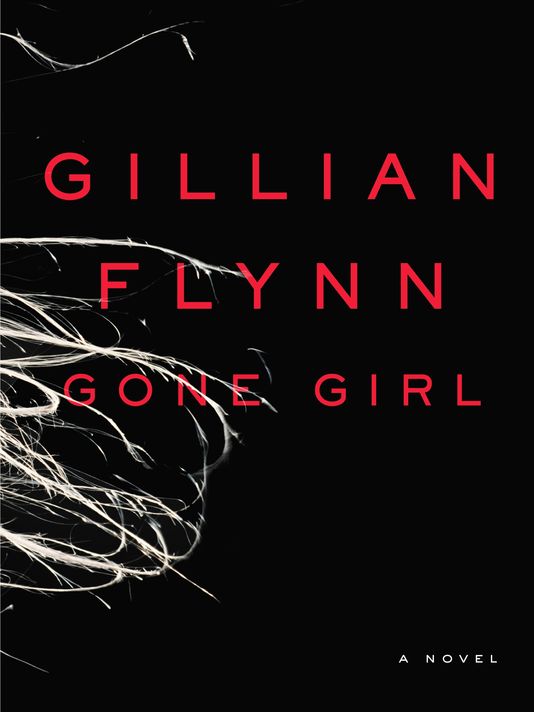Gone Girl won’t be gone for a while; Gillian Flynn’s bestselling novel has been slated for production as a major motion picture, with a tentative October 2014 release date. Its cast boasts stars such as Ben Affleck and Neil Patrick Harris, as well as newcomer Emily Ratajkowski, known mainly for her appearance in Robin Thicke’s “Blurred Lines” music video. The latest in the trend of popular books adapted for a movie, Gone Girl follows in the wildly successful footsteps of recent movie adaptations, including The Hunger Games, The Great Gatsby, and The Twilight Saga, all released in the past few years.
With over eight weeks at #1 on the New York Times Hardcover Fiction Bestseller list under its belt, there’s no doubting Gone Girl’s popularity. However, bestsellers do not always become blockbusters, and beloved novels, such as John Carter, and Mortal Instruments: City of Bones, can flounder in the box office. Georgia Turvey, a junior at Madison High School, notes “a lot of the time, there’s a great deal of hype for these movies, but often I’m disappointed”. Gone Girl, as the latest book turned movie, must face and win over jaded moviegoers like Georgia, effectively convincing them that the movie can be as good or better than the book.
However, the inherent risk of adapting successful novels for the big screen is not measuring up, letting audiences leave the theater firm in their belief that the movie was not as good as the book. With such rich source material, loaded with suspense and betrayal, Gone Girl’s movie adaptation is fraught with blockbuster potential. Written from each spouse’s perspective, Gone Girl details Nick and Amy Dunne’s fractious marriage, and its murky aftermath after Amy’s mysterious disappearance. If Gone Girl stays true to the book, there is no reason it cannot emulate the novel in success and acclaim.
